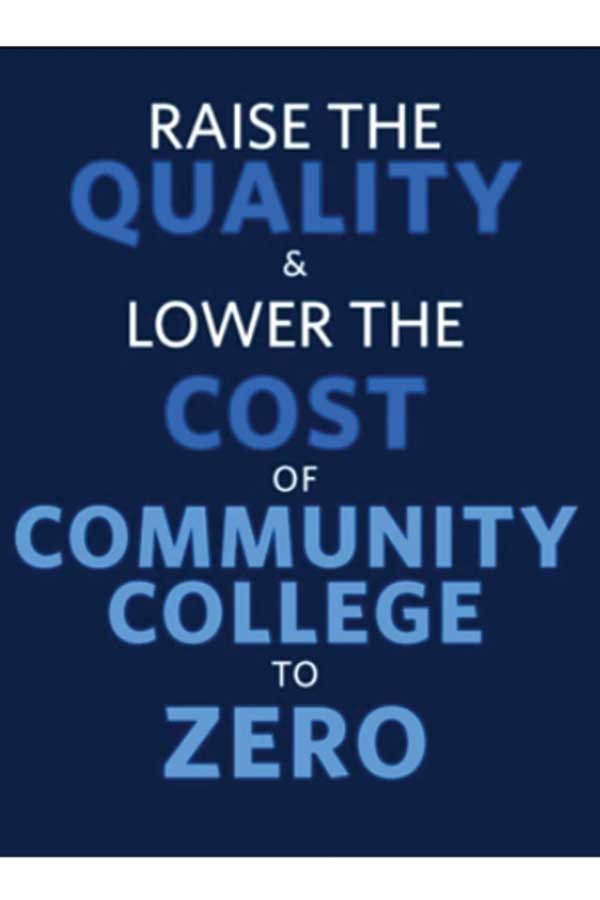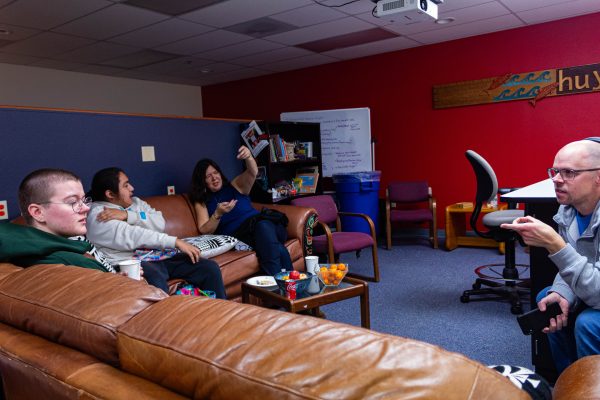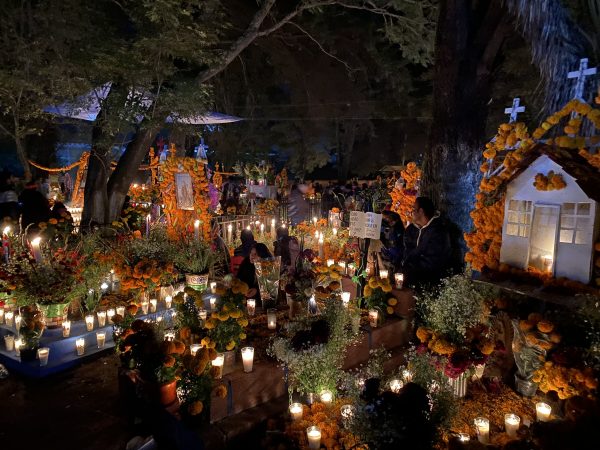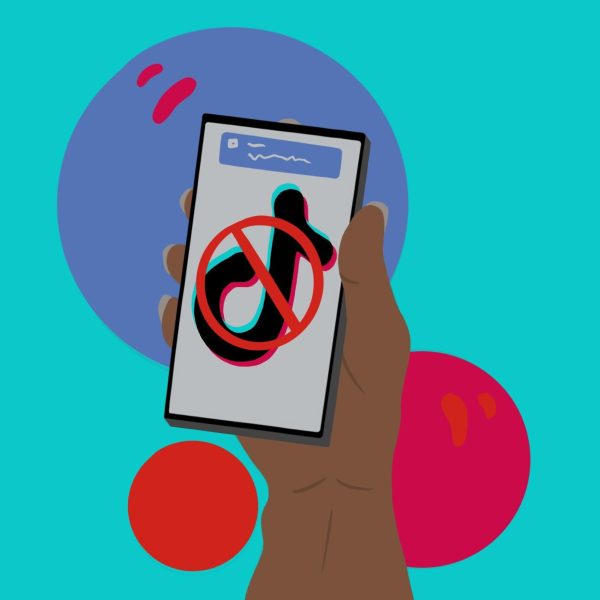Two Years of Free Community College for Americans
Gas, housing and food are just a few expenses most people need to survive. Adding college tuition on top of these can create stressful financial situations for students. Eliminating said tuition could relieve some of that stress, which is what President Barack Obama has proposed to do.
On January 9, Obama presented America’s College Promise, a plan that could make two years of community college free for Americans.
Students would receive their associate’s degree at no cost to them, although “you’ve got to earn it, you’ve got to keep your grades up and graduate on time,” said Obama during the 2015 State Of The Union Address. This means students would be required to attend school at least half-time, keep a GPA of 2.5 and make steady progress in completing their program.
75 percent of the average cost of community college would come from federal funding while participating states would be required to provide the remaining balance. According to the White House, if all fifty states were to adopt this proposal a full-time student would save an average of $3,800 annually, and 9 million students would benefit each year.
It is estimated that a student who attends EvCC full-time and is a Washington resident spends $4,000 every three quarters on fees and tuition.
In terms of Washington State accepting the proposal, “I’m not optimistic that that’s something that might happen, that doesn’t mean we shouldn’t try,” said Dr. David Beyer, EvCC’s president. One reason is because state funding has been decreasing during the last 10 years, he said.
If the proposal were to be introduced at EvCC, “undoubtedly we’d need to make changes,” said Beyer. One of these changes could be to student curriculums. “Hypothetically… you’d be on a very prescribed source of study,” said Beyer.
Students at EvCC have opposing views when it comes to the concept. “The idea is great I think, because I’m in college. I don’t want to pay,” said Erin Brown, a sophomore at EvCC.
Kellen Larsen, a freshman at EvCC, has a different perspective. “I think it’s a bad idea. First of all, it devalues degrees… bachelor’s degrees wouldn’t be as important. It gives you incentive to not work as hard, (since) you’re not paying for it,” he said.
How the state would receive funding and when the program would begin are unknown topics at the moment. “There are still a lot of unanswered questions,” said Beyer.

How did you get here?
I took Journalism 101 in spring 2014, and realized that I was interested in pursuing it as a career. Andrew became my advisor,...






